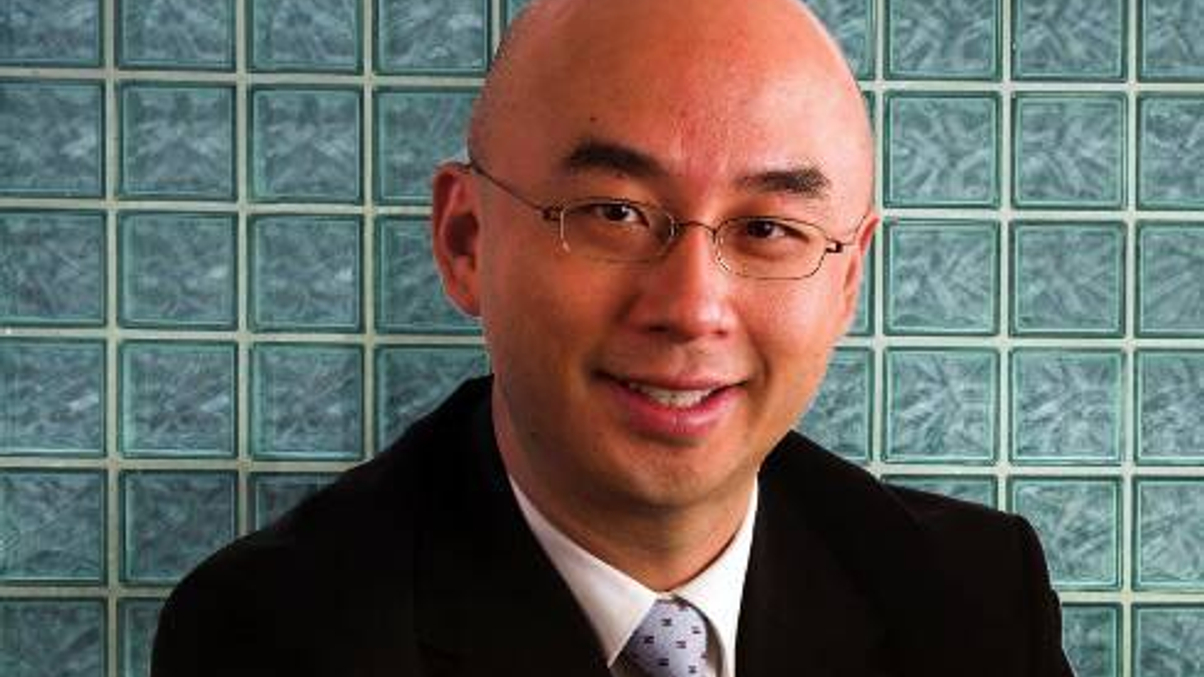Paul Capital winds down in Asia amid difficulties
Paul Capital was among the first private equity secondaries firms to set up in Asia, but fierce competition and and a failed merger are said to be behind its imminent closure.

Paul Capital, a long-standing private equity secondaries firms, is winding down its Hong Kong-based Asia operation as part of a firm-wide consolidation.
Sign in to read on!
Registered users get 2 free articles in 30 days.
Subscribers have full unlimited access to AsianInvestor
Not signed up? New users get 2 free articles per month, plus a 7-day unlimited free trial.
¬ Haymarket Media Limited. All rights reserved.


